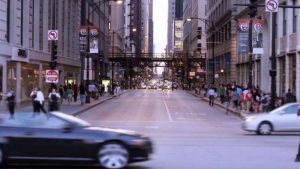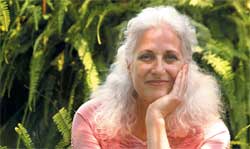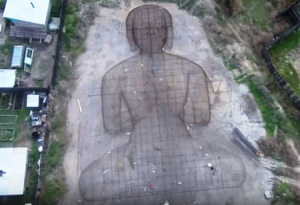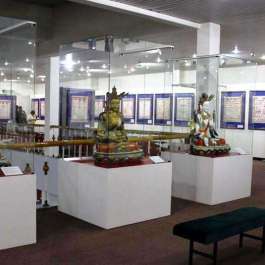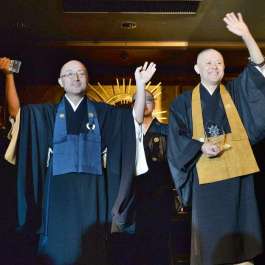
The Supreme Court in South Korea has recognized on Thursday that a temple in Japan is the rightful owner of a Goryeo-era Buddhist statue which had been stolen from South Korea and taken to Japan. The statue was later stolen from Japan by South Korean thieves in 2012, who were caught as they tried to sell it in South Korea.
At a news conference after the ruling in Tokyo, deputy chief cabinet secretary Hideki Murai pledged that the Japanese government would “urge the South Korean government to promptly return the Buddha statue” to the Japanese temple. (South China Morning Post)
Last week, the court rejected the claim by Buseok Temple in Seosan, South Chungcheong Province, that it had first been stolen by Japanese pirates in the 14th century and thus rightly belonged to South Korea. After thieves were caught with it back in South Korea, Buseok officials filed a case claiming ownership of the statue, setting off a ten-year legal battle for the statue.
The statue is 50.5 centimeters (20 inches) tall, weighs 38.6 kilograms (85 pounds), gilt in bronze, and portrays a seated Avalokiteshvara Bodhisattva. According to a written prayer found inside the statue in 1951, it was cast in 1330 with a blessing for the people of Seoju—modern-day Seosan.

The history of the region records a series of raids by pirates from 1352 to 1381, leading experts to believe that the statue was taken to Japan around that time. From there, it was enshrined at Kannon Temple, in Tsushima, in 1526. It stayed there until thieves stole it in 2012.
Buseok Temple had won an early court case claiming rightful ownership of the statue. However, a higher court decided against them, noting that Buseok Temple had not proven that it was in fact the temple in Seoju in the Goryeo dynasty where the statue was first enshrined.
South Korea’s supreme court found that the temple was the correct temple. Nonetheless, they found that because the Japanese temple had possession for more than 20 years, it rightfully belonged to them, through a legal principle known as “adversive possession.” (Hankyoreh)
In a statement after the ruling, South Korea’s foreign ministry said it respects the decision.
“The return procedures will be decided by our relevant agency in accordance with related laws and regulations,” said a ministry spokesperson. (Reuters)
However, a former chief priest of the South Korean temple disagreed. The former priest, Won Woo, said, “Our Supreme Court has legalized armed and illegal looting. This is such a barbaric ruling, and we cannot accept it at all.” (South China Morning Post)
The Jogye Order of Korean Buddhism, South Korea’s largest Buddhist order, also objected to the court’s decision in a statement released Thursday.
“We want to express our strong regret about this decision. Recognizing adverse possession of an obviously stolen cultural artifact that was plundered and taken overseas is not only patently absurd, but may also encourage others to hide and maintain possession of plundered cultural artifacts,” Korea’s largest Buddhist order said. (Hankyoreh)
Read more
S. Korea’s top court orders stolen Buddhist statue to be returned to Japan (Reuters)
Korea’s Supreme Court recognizes Japanese temple as owner of stolen Goryeo-era Buddha statue (Hankyoreh)
South Korea’s top court rules Japanese temple is rightful owner of stolen 700-year-old Buddha statue (South China Morning Post)
Ancient Korean Buddhist statue stolen from Japan should be returned: Supreme Court (The Korea Times)
Related news reports from BDG
UPDATE: Bronze Buddha Stolen from LA Gallery Recovered
30 Stolen Antiquities Repatriated to Cambodia from US
Stolen 12th Century Bronze Buddha Statue Returned to India
“Tree and Serpent” Exhibition Brings Buddhist Art to the Met in New York
Archeologists Unearth China’s Earliest Bronze Buddhist Statues To Date
Chinese Court Upholds Ruling Ordering Return of Zhang Gong Patriarch Buddhist Statue






